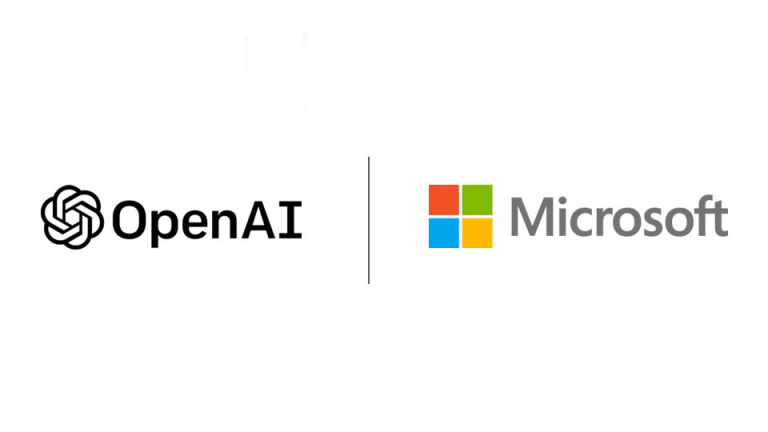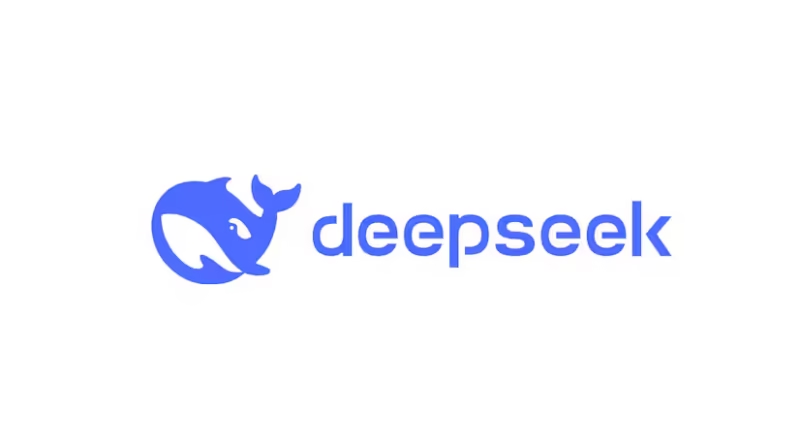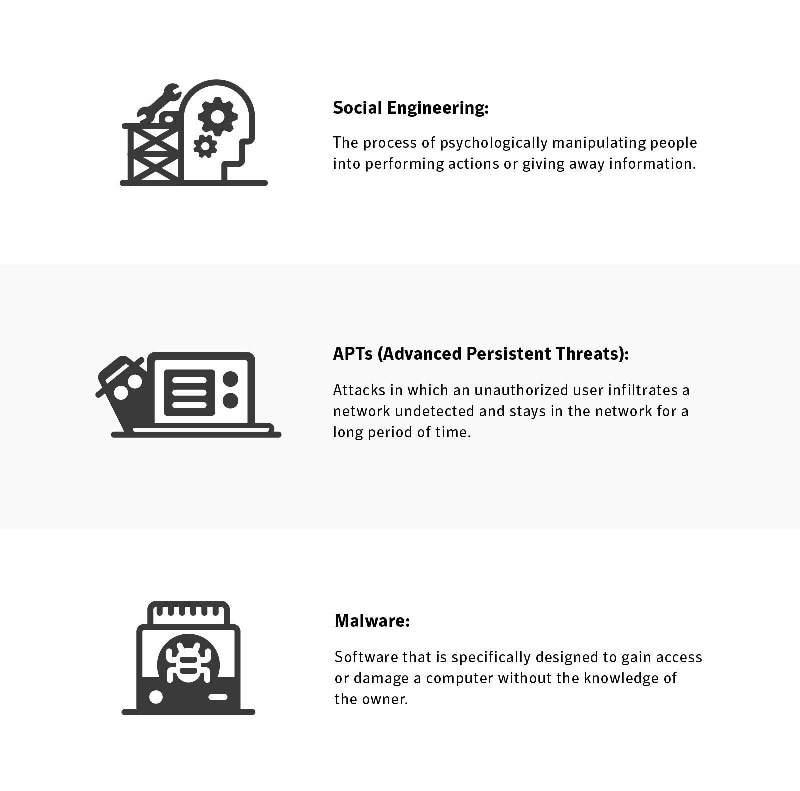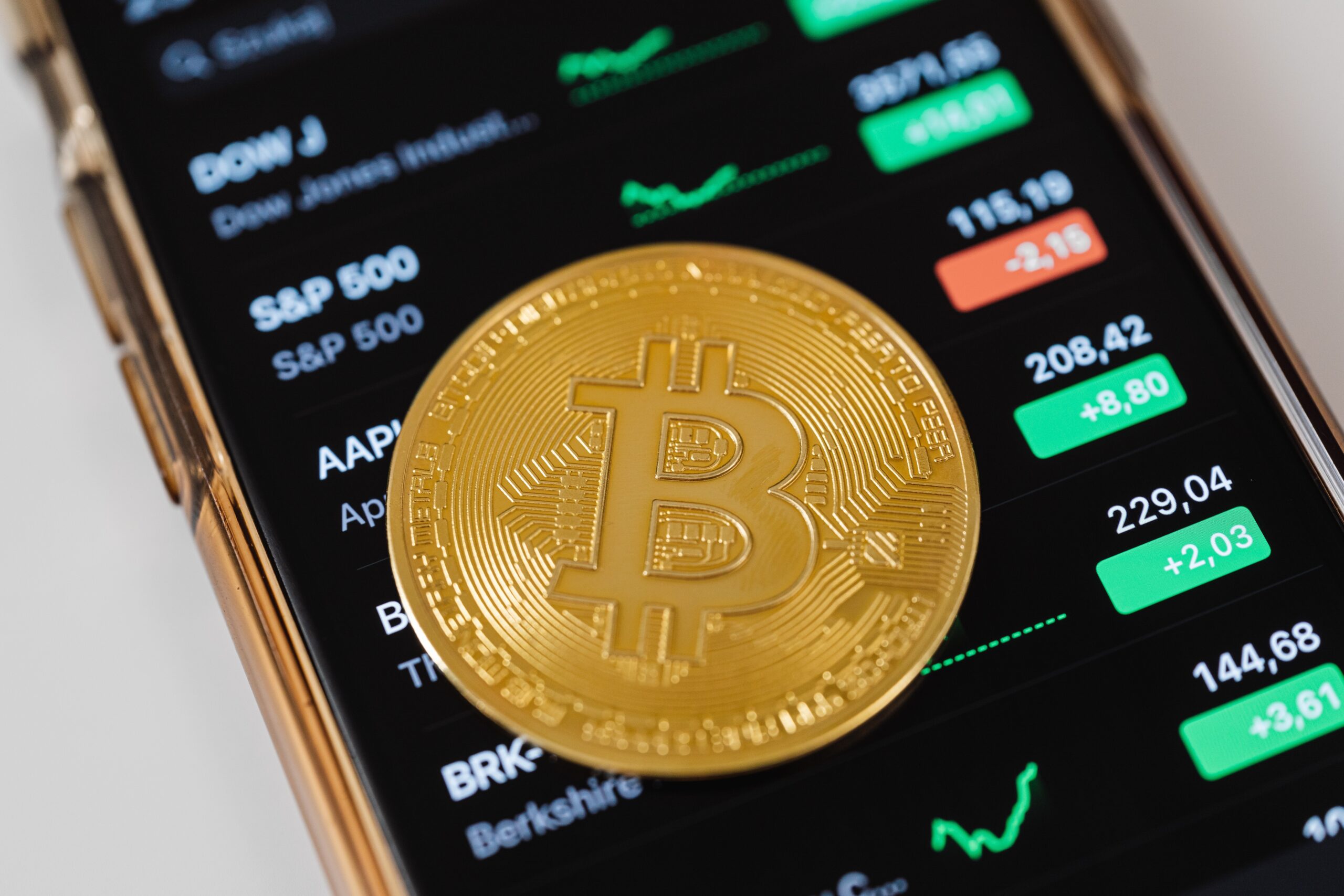The 21st century is the new era of technology, where technology is evolving day by day to unravel this centralized problem a replacement for quantum computing in the future in the longer term has been introduced, so is quantum computing the future?
What is quantum computing in the future?
Quantum computing is one that’s 1,000,000 times more powerful than the traditional computers we’ve today.
Quantum computing relies on the principles of quantum physics, a physics branch that deals with the foremost fundamental part of the physical world.
At this elementary level of Physics, complexity rules the scene, and particles function in a strange way being in two states simultaneously.
What is a Superposition?
Classic computers are today’s computing. They encode information in binary form: bits.
These bits only take one shape, either a “0” or “1”. Quantum computing, on the opposite hand, makes use of the strange role of particles at the quantum level. Thus, encode information in qubits.
Qubits differ from regular bits by the power to work in both “1” and “0” states simultaneously. It’s called a superposition. Superposition is one of the key principles of physics.
That somehow sounds strange initially sight. But imagine tossing a coin which is either one of the 2 possible outcomes, a head or a tail.
Quantum computing the future:- Quantum computing is essentially harnessing and exploiting the amazing laws of quantum mechanics to process information. A traditional computer uses long strings of “bits,” which encode either a zero or a one.
Quantum computing, on the other hand, uses quantum bits, or qubits.
Classical computer works in the same manner: either “1” or “0” for every bit. On the contrary, imagine an equivalent coin tossed within the air before falling, and you would like to live its outcome.
At this stage, the result is claimed to behead, tail, or both at an equivalent time.
This is how a qubit functions. it’s almost like a coin in the air.
The qubit will have two states until you measure it. Once you implement a measurement to the qubit, it’ll directly get one among the 2 possibilities either a “0” or a “1”.
How we’ll use quantum computing in the future?
Okay, putting the idea aside, let’s specialize in the real-world applications these quantum computing will wear on the planet and the way companies and other people engage with them.
Logistical and optimization problems. Among the foremost immediate and profitable uses for quantum computers are going to be optimization.
For ride-sharing apps, like Uber, what is the fastest route to select up and drop off as many purchasers as possible?
For e-commerce giants, like Amazon, what are the most cost-effective thanks to delivering billions of packages during the vacation gift-buying rush? Read more:- Artificial Intelligence, Quantum Computing, and The Laws of encryption
These simple questions involve calculating hundreds to thousands of variables directly, a feat that modern supercomputers just can’t handle;
so instead, they compute a little percentage of these variables to assist these companies to manage their logistical needs in an optimal way.
But with a quantum computer, it’ll slice into a mountain of variables without breaking a sweat.
Weather and climate modeling. almost like the purpose above, the rationale why the weather channel sometimes gets it wrong is that there are too many environmental variables for her supercomputers to process (that and sometimes poor weather data collection).
But with a quantum computer, weather scientists can’t only forecast near-term weather patterns perfectly, but they will also create more accurate long-term climate assessments to predict the consequences of global climate change.
Personalized medicine. Decoding your DNA and your unique microbiome is crucial for future doctors to prescribe drugs that are perfectly tailored to your body.
While traditional supercomputers have made strides in decoding DNA cost-effectively, the microbiome is way beyond their reach—but not so for future quantum computing.
quantum computing in the future also will allow Big Pharma to raise predict how different molecules react with their drugs, thereby significantly speeding up pharmaceutical development and lowering prices.
Space exploration. The space telescopes of today (and tomorrow) collect enormous amounts of astrological imagery data every day that tracks the movements of trillions of galaxies, stars, planets, and asteroids.
Sadly, this is often far an excessive amount of data for today’s supercomputers to sift through to form meaningful discoveries on a daily basis. So many things in quantum computing in the future. Read more:- What is the Internet of things (IoT)? About everything IOT
But with the mature quantum computer combined with machine learning, all this data can finally be processed efficiently, opening the door to the invention of hundreds to thousands of the latest planets daily by the early-2030s.
Fundamental sciences. almost like the points above, the raw computing power these quantum computers enable will allow scientists and engineers to plan new chemicals and materials, also as better functioning engines and in fact, cooler Christmas toys.
Machine learning. Using traditional computers, machine-learning algorithms need an enormous amount of curated and labeled examples (big data) to find out new skills.
With quantum computing, machine-learning software can begin to find out more like humans, whereby they will devour new skills using fewer data, messier data, often with few instructions.
This application is additionally a subject of pleasure among researchers within the AI (AI) field, as this improved natural learning capacity could accelerate progress in AI research by decades. More on this in our way forward for the AI series.
Encryption. Sadly, this is often the appliance that has most researchers and intelligence agencies nervous.
All current encryption services depend upon creating passwords that might take a contemporary supercomputer thousands of years to crack; quantum computers could theoretically rip through these encryption keys in under an hour.
Banking, communication, national security services, and the web itself depend on reliable encryption to function. (Oh, and ditch the bitcoin also, given its core dependence on encryption.)
If these quantum computers work as advertised, all of those industries are going to be in danger, at the worst endangering the whole world economy until we build quantum encryption to stay pace.
Real-time language translation. to finish this chapter and this series on a less stressful note, quantum computers also will enable near-perfect, real-time language translation between any two languages, either over a Skype chat or through the utilization of an audio wearable or implant in your ear.
In 20 years, language will not be a barrier to business and everyday interactions.
For example, an individual who only speaks English can more confidently enter into business relationships with partners in foreign countries where English brands would have otherwise did not penetrate, and when visiting said foreign countries, this person may even fall crazy with a particular somebody who only happens to talk Cantonese.
Developing quantum computing the future standards.
Another way to urge those involved is to hitch the trouble to develop quantum computing-related standards.
Technical standards ultimately speed the event of a technology, introduce economies of scale and grow markets.
Quantum hardware and software development will enjoy a standard nomenclature, as an example, and agreed-upon metrics to live results. Also Read:- How IOT AND AI can be used to replace manpower in agriculture
Currently, the IEEE Standards Association Quantum Computing working party is developing two standards. One is for quantum computing definitions and nomenclature so we will all speak an equivalent language.
The other addresses performance metrics and performance benchmarking to enable the measurement of quantum computers’(Quantum computing the future) performance against classical computers and, ultimately, one another.
The need for extra standards will become clear over time.
Conclusion Is quantum computing the future
No doubt you have learned quite a bit about quantum computing – why researchers and business people are excited about the potential uses of quantum computers; something about the underlying science of quantum effects and how we can compute using superposition, entanglement, and interference; and the hard physics and engineering necessary to realize them.
It was not so long ago that the technologies necessary for quantum computing were beyond human capability.
Also Read:
Related:- Fortnite Pulled by Epic Games From China Over Sweeping Crackdown on Tech Sector
Related:- Is quantum computing the future explained in 2020
Related:-What Is Blockchain Technology? How will Blockchain Work? 2020
Follow Startupcolleges on Facebook, Instagram, and Twitter, for the latest updates from the startup ecosystem. Subscribe to our YouTube Channel for more entrepreneurship, business, and corporate solution video












